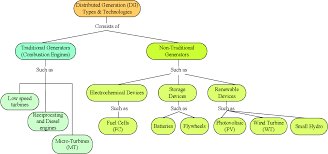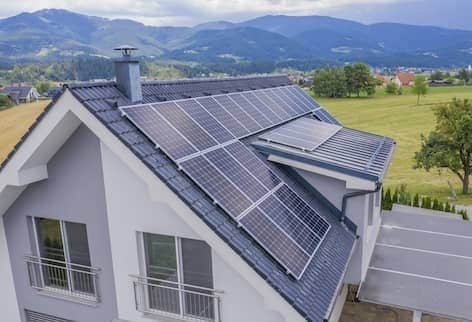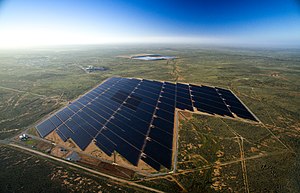
While solar panels are an excellent way to generate energy and reduce your electric bill, they can be quite expensive. It is important to determine the cost of a solar panel system and what financing options you have. Energy Sage's instant calculator helps you calculate upfront costs, and save money. Millions are interested in solar. Homes with solar systems sell faster than those without them, and often for 20% to 17% more. If you ever intend to sell your home you might be able to easily recoup your investment.
Alternatives to buying a solar panel system upfront
You may be able to get a solar loan if your budget is not sufficient to cover the cost of all the panels. This option was not available until recently. However, there are many solar-specific loan providers who offer flexible terms and competitive rates. These loans allow for you to pay your loan in monthly installments, so you can still have your solar panels. Also, you will be able to enjoy the electricity savings and lower electric bills over time.
A power purchase agreement is another option to buying a solar panel system upfront. This type of agreement allows you to pay the panels over time with the price increasing as time passes. This arrangement will usually save you more money than buying panels right away, since you'll be paying a longer term. Additionally, the federal tax credit you receive for solar electricity generated will be applied to your bill.

Solar panel systems cost
The cost of solar panels varies depending on many factors. First, the size of the system matters. Solar panel systems that are larger than those of smaller dimensions will cost you more, but they will produce less energy. This means the average $/W will be lower. The type of solar panel is another factor that can impact cost. Some panels are more expensive than others, but this doesn't necessarily mean that they'll perform better.
You should also consider local inspection fees, permit fees and solar panel tax. As more people use solar power, the price of it has dropped. According to the National Renewable Energy Laboratory (NREL), the average price of installing solar panels has fallen between 13%-18% over the past decade. Talk to a local professional for more information about the cost of a solar panel installation.
Incentives for going solar
Incentives for going solar are a way to help homeowners reduce the cost of installing a solar panel system. There are many incentives offered by states. Massachusetts residents can claim a 15% state tax credit of up to $1000. Tax credits can also be offered by the federal government for solar installations. The federal tax credit is available up to 30% of the installation costs for solar systems.
New York State has a block grant program which rewards homeowners for going green. These grants are worth as much as $8,750 for a typical residential property and have a cap that is based on the area's solar capacity. In addition, taxpayers are allowed to carry over credits to the next cycle.

Leasing solar panels comes at a cost
You can lease solar panels if you don't want the upfront investment. Solar leases often include maintenance services included in the monthly fees. These services are helpful for maintaining your solar system and avoiding expensive repairs. A majority of leases allow you to purchase the panels after your lease ends.
Solar leases have their disadvantages. The monthly payment won't be low and may rise over time, which could reduce the savings that you anticipate. In addition, you will not be eligible for the federal tax credit or local incentive programs. You won't be able to increase the home's value by leasing. Additionally, if you intend to move, breaking the lease could prove problematic.